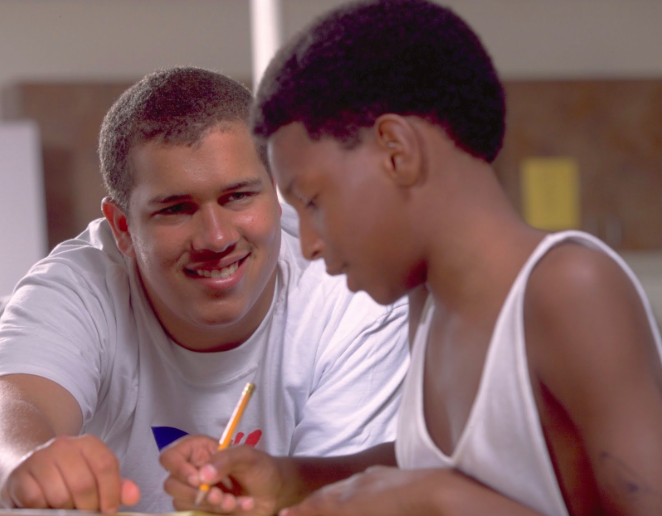Mentoring survivors of abuse and trauma
Reilly, R. C., & D’Amico, M. (2017). Mentoring  survivors of childhood abuse and intimate partner violence. Journal of College Student Development, 52(4), 409-424.
survivors of childhood abuse and intimate partner violence. Journal of College Student Development, 52(4), 409-424.
Introduction: Both child abuse and intimate partner violence are widespread and are known to lead to a multitude of adverse outcomes, such as self-destructive behaviors, difficulties with concentration, educational under achievement, and interpersonal problems (e.g., trouble with trust). Experiencing support from others may be particularly important to help ameliorate the negative effects of abuse histories. Previous studies have also shown that mentoring can aid marginalized groups in academic or business contexts. The goal of the current study was to investigate the benefits of mentoring relationships for female undergraduates who have had previous adverse and traumatizing experiences.
Method: This qualitative study included ten female undergraduates who had experienced childhood abuse. Half of the participants had also experienced intimate partner violence. Interviews were conducted over three sessions. Interviews focused on participants’ previous histories with mentoring, participants’ current experiences with their mentors and the meaning of mentoring in their lives.
Results: Themes from interviews included:
- Fantasy mentors: Between the ages of 5 and 8 individuals who had suffered extreme abuse and isolation often identified mystical, religious, or historical characters as mentors. Mythical mentors provided participants with a sense of connection.
- Early Mentors: Between the ages of 9 and 16, women developed mentoring relationships with people in their lives who saw them as competent; this helped the participants develop self-esteem and “save their sanity”. Often these mentors were teachers or family members who had also experienced hardship.
- Nurturing Mentors: Most women in the study also described a mentor who facilitated their transition to adulthood. These mentors helped “validate the process of growth out of pain.”
- Professional Mentors: Additionally, close to half the women in the study described mentoring relationships where mentors provided coaching and sponsorship (including knowledge and contacts) to support development within a specific career.
- Those without mentors: Two women reported that they did not develop mentors. One woman reported that she viewed mentorship negatively (as a sign of dependence).
Implications: Mentoring appears to support a wide variety of aspects of female development and healing in survivors of abuse. Mentoring also helped reduce isolation and fears of failure. The authors conclude that planned mentoring may be particularly important for abuse survivors, as the deliberate structure of the relationship may be less likely to be effected by the emotional complications arising from histories of abuse. The current study suggests that natural mentoring, which provides shared power and resources, may also be effective in helping individuals with histories of abuse.









